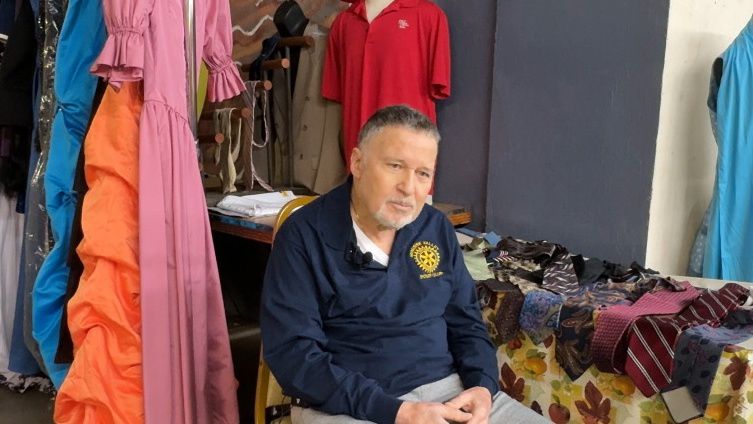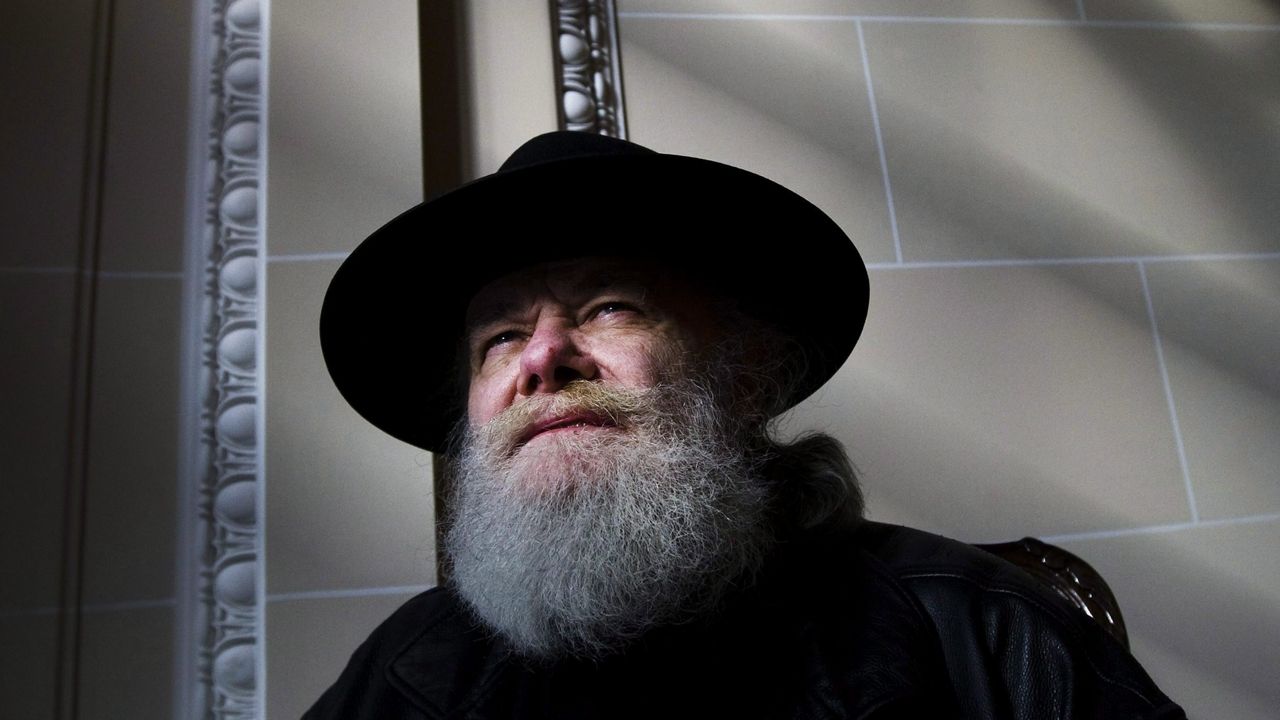Chabad of Ulster County Rabbi Y. Yitzhak Hecht was booting up another daily morning prayer for his larger congregation.
“We begin as we always do, with the power of tzedakah. By giving tzedakah, we make all miracles happen, and by saying a prayer, we make the miracles happen. So we go from tzedakah into a prayer,” he said to an audience through a phone screen.
Although in-person guests are more than welcome to join daily prayer, Facebook live is his platform of choice when it comes to reaching a larger audience. It started when in-person services were suspended during the COVID-19 pandemic, and was received with such high praise, he decided to keep it going to accommodate followers all over the globe that practice Judaism.
What You Need To Know
- On Nov. 21, Gov. Hochul signed legislation mandating hate crime prevention and education for those convicted of a hate crime, and a statewide campaign that focuses on inclusion and acceptance
- According the Pew Research Center, the Jewish community is made of 14 million people, 0.2% of the global population, but still one of the most-targeted minorities in the world
- Incidents in New York account for 15% of total reported antisemitic incidents nationally
“I thought, ‘what, it’s going to last two weeks?’ Little did I know,” said Hecht between laughs.
While practicing their religion within the walls of the Chabad of Ulster County, the congregation is safe. But outside, it’s a different story. There’s another constant in his life: antisemitism.
Regularly, his community faces hate based on their religion.
“Unfortunately, it doesn’t just go away, and it is a continuous problem. Part of that answer is education,” said Hecht.
According the Pew Research Center, the Jewish community is made of 14 million people, only 0.2% of the global population, but is still one of the most-targeted demographics in the world.
The Anti-Defamation League states there were over 2,700 antisemitic incidents across the United States in 2021, the highest number on record since ADL began tracking incidents in 1979, and it doesn’t seem to be slowing down.
Incidents in New York account for 15% of total reported antisemitic incidents nationally. The recent rise in incidents come as extremist groups have a wider audience online. In recent weeks, pop culture figures, including Ye, formerly known as Kanye West, and NBA player Kyrie Irving, came under fire for antisemitic posts.
On Nov. 21, Gov. Kathy Hochul signed legislation designed to help fight against antisemitic hate crimes. The first measure mandates those convicted of hate crimes to undergo mandatory training in hate crime prevention and education as a part of their sentence. The latter is a campaign focused on “acceptance, inclusion, tolerance and understanding of diversity,” according to the governor’s office, and will be developed and implemented by the state Division of Human Rights.
"Our hearts are broken after a weekend during which LGBTQ Americans were massacred and Jewish New Yorkers were targeted in horrific acts of hateful violence," Hochul said. "New York belongs to the good, not those with hate in their hearts - we're taking bold action to reclaim our city and state from the haters, bigots and white supremacists. Domestic-based violent extremism is the greatest threat to our homeland security, and that is why we continue to remain laser-focused on combatting hate and keeping New Yorkers safe."
Hecht said those in the public sphere should be aware of the weight their words hold, and that the Jewish community has a different approach to dealing with hate crimes than other minority groups.
“In regards to the antisemitism and Jew hatred, it is important to deal with it, but sometimes, dealing with it in a public way is just magnifying the problem,” says Hecht.
He said the Jewish community prefers to work under the radar. It prevents more attention being drawn to hatred against them, and that small gestures result in systemic change.
“Don’t underestimate the power of the good that you do. A little candle can bring a lot to a dark room. Imagine a lot of candles, it brings that much more light. As human beings, as we interconnect with other people, our good behavior wears off on them. Hopefully, their good behavior will wear off on us, and we continue to go in a positive direction until we will build a world that is godly and holy and kind and beautiful,” said Hecht.










